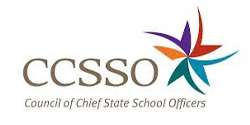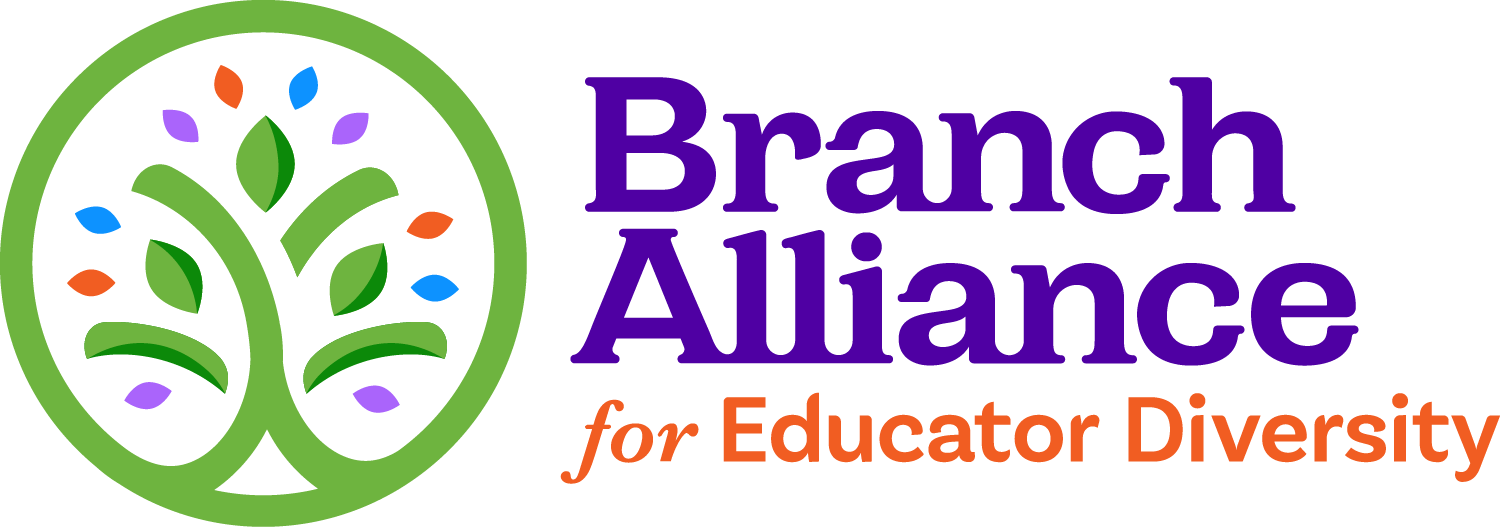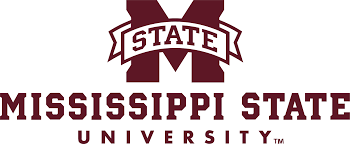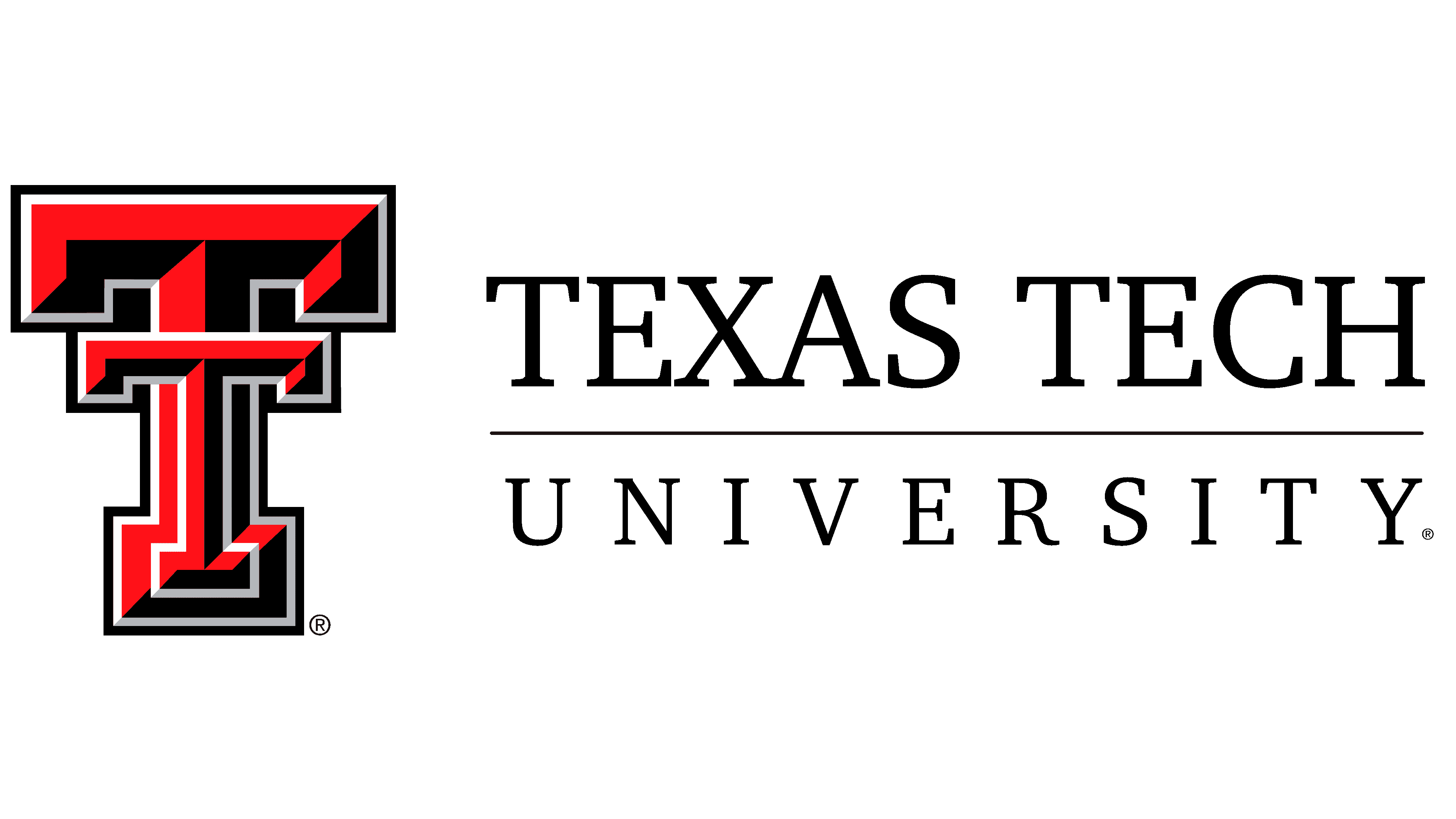Imagine a world where teachers can ditch the time-consuming scramble for lesson plans and materials and instead focus on mastering complex mathematics concepts and personalizing instruction for their students. This is the power of HQIM, but unlocking its full potential requires a key skill: curriculum literacy, or “the skill of recognizing, selecting, revising and facilitating the use of quality curriculum” (Curriculum Literacy Guide, 2022).
A recent survey by AIRS revealed that 43% of current teachers felt their preparation programs focused more on creating their own lessons rather than using instructional materials provided by their district (AIRS, 2023). This data points to a need for teacher preparation programs (TPPs) to shift their coursework and field experiences to develop teacher candidates’ skills in evaluating and using existing instructional materials. This resource hub is designed to support teacher educators in making these necessary shifts to their TPP programming. It is grounded in the Mathematics Curriculum Literacy Competency Framework to center the specific curriculum literacy skills aspiring educators need to develop and the coursework and clinical experiences needed to develop them. By fostering curriculum literacy in TPPs, we empower educators to deliver rigorous, relevant grade-level learning experiences for all students.
This resource hub offers tools for programs and individual faculty members to develop learning experiences aligned with the Mathematics Curriculum Literacy Competency Framework. Each competency includes suggestions on how TPPs at various stages of curriculum literacy implementation, as outlined in the Curriculum Literacy Guide, can utilize these resources. While these tools represent a strong selection from our partners in the field, they are not the only resources available.

Understand HQIM


Plan for instruction using HQIM


Deliver instruction using HQIM

Teacher Preparation Programs (TPPs) play an essential role in supporting aspiring educators in developing curriculum literacy skills so that they enter their classrooms ready to deliver relevant, rigorous grade level learning experiences for all students. This resource hub can be used by full programs or individual faculty interested in designing and teaching mathematics methods courses and/or coordinating and supervising teacher candidate field experiences. At the same time, it is critical that TPPs collaborate closely with district partners to ensure that teacher candidates engage in clinical practice experiences where they have opportunities to work with mentor teachers to plan and deliver instruction using HQIM. Many of the tools in this resource hub can be used together by TPPs and districts to explore ways to partner more effectively with one another and to ensure alignment between candidates’ coursework and clinical experiences related to curriculum literacy.
It is organized around components from two resources:
In this resource hub, we have identified resources to support teacher educators in developing learning experiences aligned to each of the competencies in the Mathematics Curriculum Literacy Competency Framework. Within each competency, we’ve suggested ways that TPPs at each of the three stages of curriculum literacy implementation outlined in the Curriculum Literacy Guide can use these resources. To get the most out of this resource hub, we suggest that you first determine where your program or individual faculty members stand within the exploration, preparation, and implementation phases of integrating curriculum literacy into your program by completing the Curriculum Literacy Guide’s Self-Assessment, starting on page 7. This will support you in identifying the most relevant resources for implementing learning experiences to build the mathematics curriculum literacy competencies in your coursework and field experiences.

Resources to build a common understanding of curriculum literacy
Resources to support a common vision for effective math instruction and professional learning
Resources to build knowledge of how to develop aspiring educators’ understanding of HQIM in methods coursework
Resources to deepen collaboration with K12 partners
Resources to build a common vision for effective math instruction and professional learning
Resources to support revising coursework to build aspiring educators’ understanding of HQIM in methods coursework
Resources to deepen collaboration with K12 partners
Resources to support a common vision for effective math instruction and professional learning
Resources to support continuous improvement in methods coursework to build aspiring educators’ understanding of HQIM
Resources to deepen collaboration with K12 partners

Resources to deepen understanding of how to build aspiring educators’ skill at planning for instruction utilizing HQIM
Resources to support revising coursework to build aspiring educators’ skill at planning for instruction utilizing HQIM
Resources to support continuous improvement of coursework to build aspiring educators’ skill at planning for instruction utilizing HQIM

Resources to deepen understanding of how to build aspiring educators’ skill at using HQIM in instruction
Resources to support aligned clinical practice experiences
Resources to support revising coursework to build aspiring educators’ skill at using HQIM in instruction
Resources to support aligned clinical practice experiences
Resources to support continuous improvement of coursework to build aspiring educators’ skill at using HQIM in instruction
Resources to support aligned clinical practice experiences












